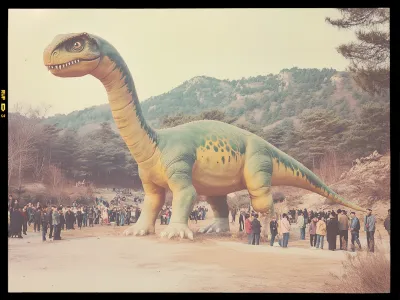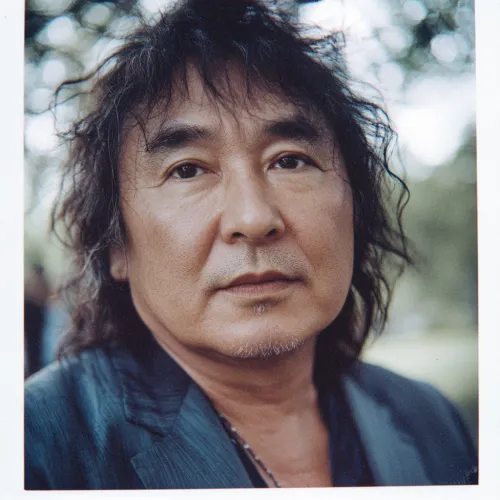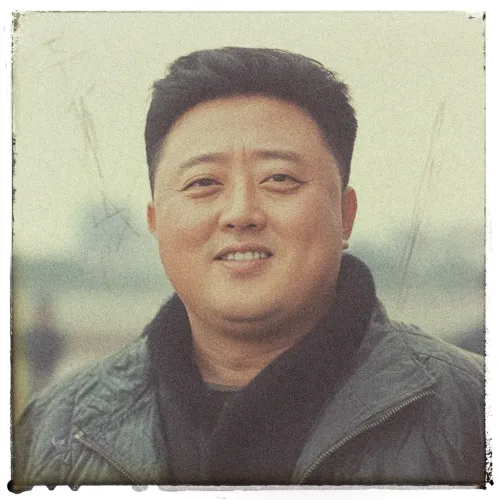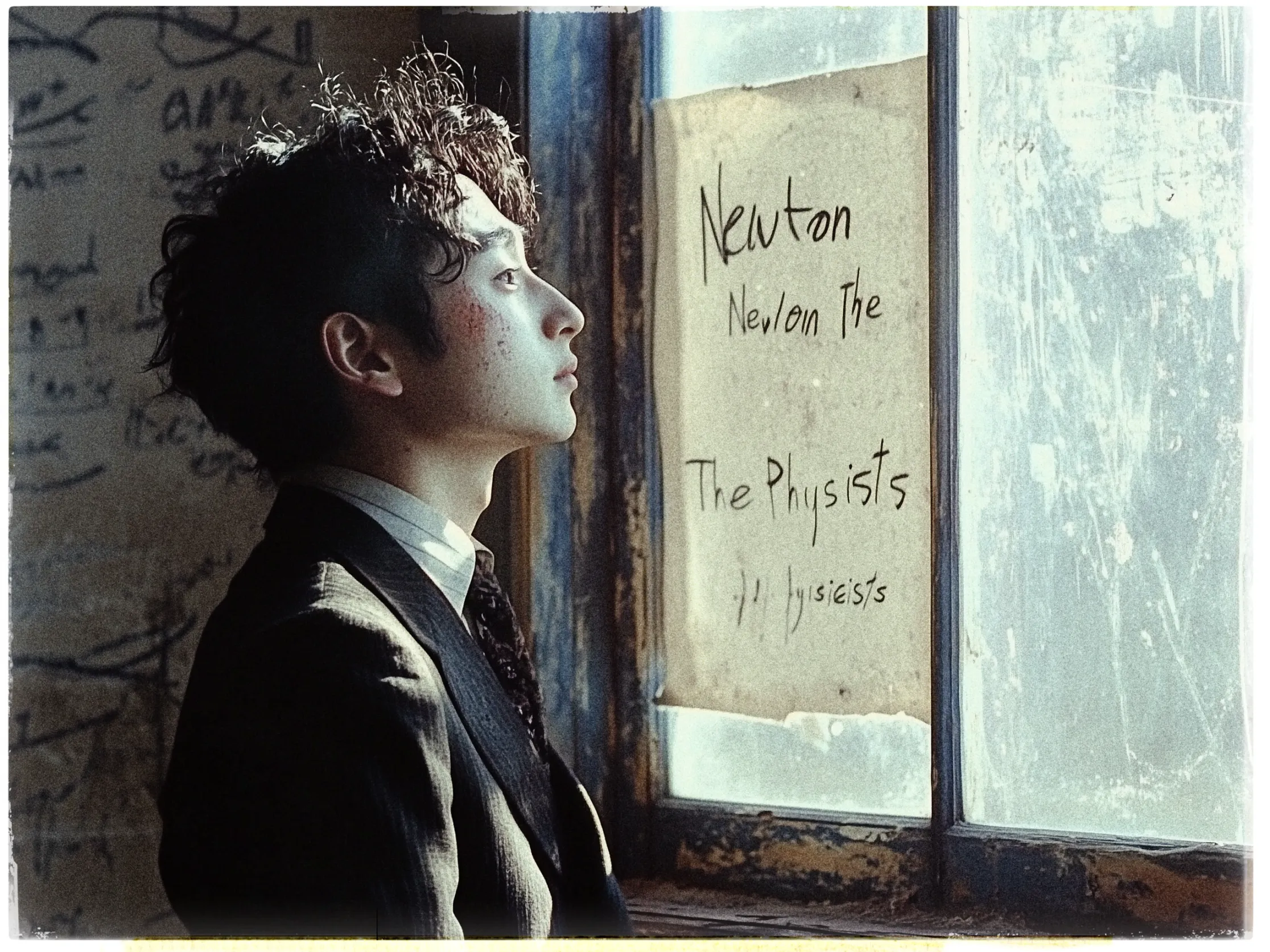Dear Joon-hyung,
It’s late, and I’m writing to you in the half-light of the prop room. The final rehearsal has just ended—a quiet storm. Even now, Möbius’ voice still echoes in my bones: “I chose madness.”
But you know what? Sometimes I think madness chose us.
First, I have to thank you. None of this would have happened without you—your encouragement, your attentive eyes, and that tattered copy of Dürrenmatt. I know how much of yourself you’ve risked, even if you’d never call it that. Your students speak of the play as if it were a living creature. They underline lines as if they were wounds. And in every rehearsal—I swear to you—something begins to breathe between us.
I’ve enclosed a photo. It captures the scene where Newton (our Newton) slowly turns away from the window. The shadows on his cheek aren’t makeup—they’re real. It’s as if the play is speaking through him. I’ve rarely seen such quiet devotion. No pose, no performance. Just truth, trembling.
Of course, I’m afraid.
We both know what would happen if anyone found out.
This project, the way we’re doing it, is a kind of thought-crime. There is no official stage. No permit. Just ten young people who have begun to ask questions that have no exam answers.
But do you know what’s even more dangerous than rebellion?
Awakening.
I see it in their eyes. Something is shifting inside them. Not loud. Not revolutionary. More like a door opening inward—silently, but permanently.
And sometimes I wonder, Joon-hyung…
Isn’t that exactly what theatre is supposed to do?
Stay careful, my friend. And the next time you write on the blackboard, remember—your chalk holds more power than you think.
In quiet joy,
Kang-ho
Related Postcards

The Double Life of Physics Class


 Kang-ho
Kang-ho Joon-hyung
Joon-hyung
